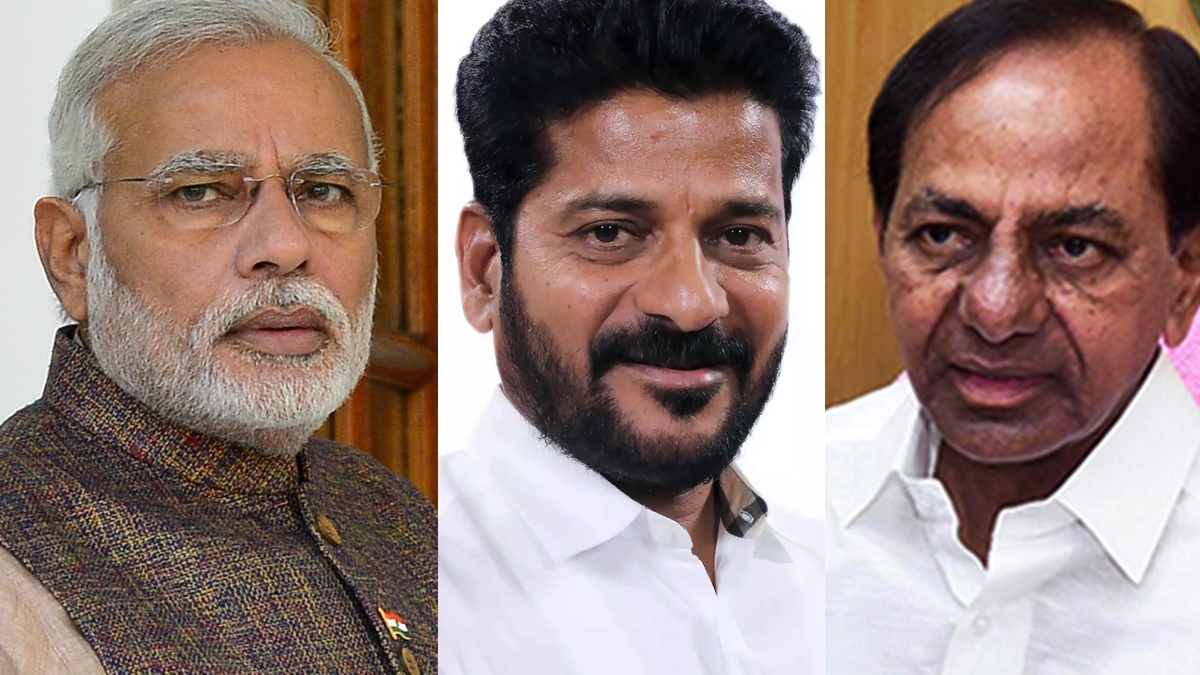Bharat Rashtra Samithi (BRS) faces critical challenges as Telangana politics evolve rapidly. With leadership strategies under scrutiny, what’s next for this regional powerhouse?
The Bharat Rashtra Samithi (BRS), led by K. Chandrashekar Rao (KCR), finds itself navigating turbulent waters in Telangana’s dynamic political landscape. With the state gearing up for elections, the party, once synonymous with Telangana’s struggle for statehood, faces mounting challenges that could redefine its political future.
The Legacy of BRS and KCR’s Leadership
Founded to champion Telangana’s statehood, BRS has grown into a formidable force under KCR’s leadership. His strategic maneuvers secured not only statehood but also electoral dominance. However, this very legacy is now under scrutiny, as questions arise over the party’s adaptability in addressing current socio-political issues.
KCR’s governance has drawn both praise and criticism. While the state has witnessed infrastructural growth and welfare schemes, concerns about transparency and rural distress persist. These contradictions form the backdrop of BRS’s crossroads.
Political Challenges: Opposition Gains Ground
Telangana’s opposition parties, particularly the Indian National Congress and the Bharatiya Janata Party (BJP), have capitalized on perceived gaps in BRS’s governance. Congress is making a comeback with grassroots campaigns addressing unemployment and farmers’ issues. Meanwhile, BJP’s focus on Hindutva and national narratives poses another dimension of competition.
KCR’s decision to focus more on national politics with the rebranding of TRS to BRS has sparked debates about the party’s commitment to regional priorities. Critics argue that the shift dilutes its connection with local issues, potentially alienating its core voter base.
Internal Struggles and Leadership Dynamics
Reports of internal dissent within BRS add to its woes. Younger leaders and long-time allies alike seem divided on the party’s trajectory. Allegations of favoritism and lack of inclusivity in decision-making have surfaced, challenging KCR’s leadership style.
Furthermore, KCR’s attempt to groom his son, K.T. Rama Rao (KTR), as his successor invites questions about dynastic politics, a narrative aggressively opposed by opposition parties.
Electoral Strategy and the Way Forward
With the Telangana assembly elections on the horizon, BRS must recalibrate its strategies to maintain its grip on the electorate. Here are potential focus areas:
- Grassroots Connectivity: Re-establishing rapport with rural communities through targeted welfare initiatives can regain voter trust.
- Youth Engagement: Addressing unemployment and education through dedicated schemes could win back disillusioned young voters.
- Internal Cohesion: Resolving leadership disputes and fostering inclusivity within the party ranks is crucial.
- Strategic Communication: Emphasizing achievements while addressing criticisms transparently can reshape public perception.
The Road Ahead for BRS
BRS’s current political crossroads symbolize both challenge and opportunity. As Telangana evolves, so must its politics. For KCR and his party, the key lies in balancing legacy with innovation, local issues with national ambitions, and leadership continuity with inclusivity.
The outcome of the upcoming elections will not only determine BRS’s relevance in Telangana but also set a precedent for regional parties in an increasingly polarized political landscape. #hydkhabar

